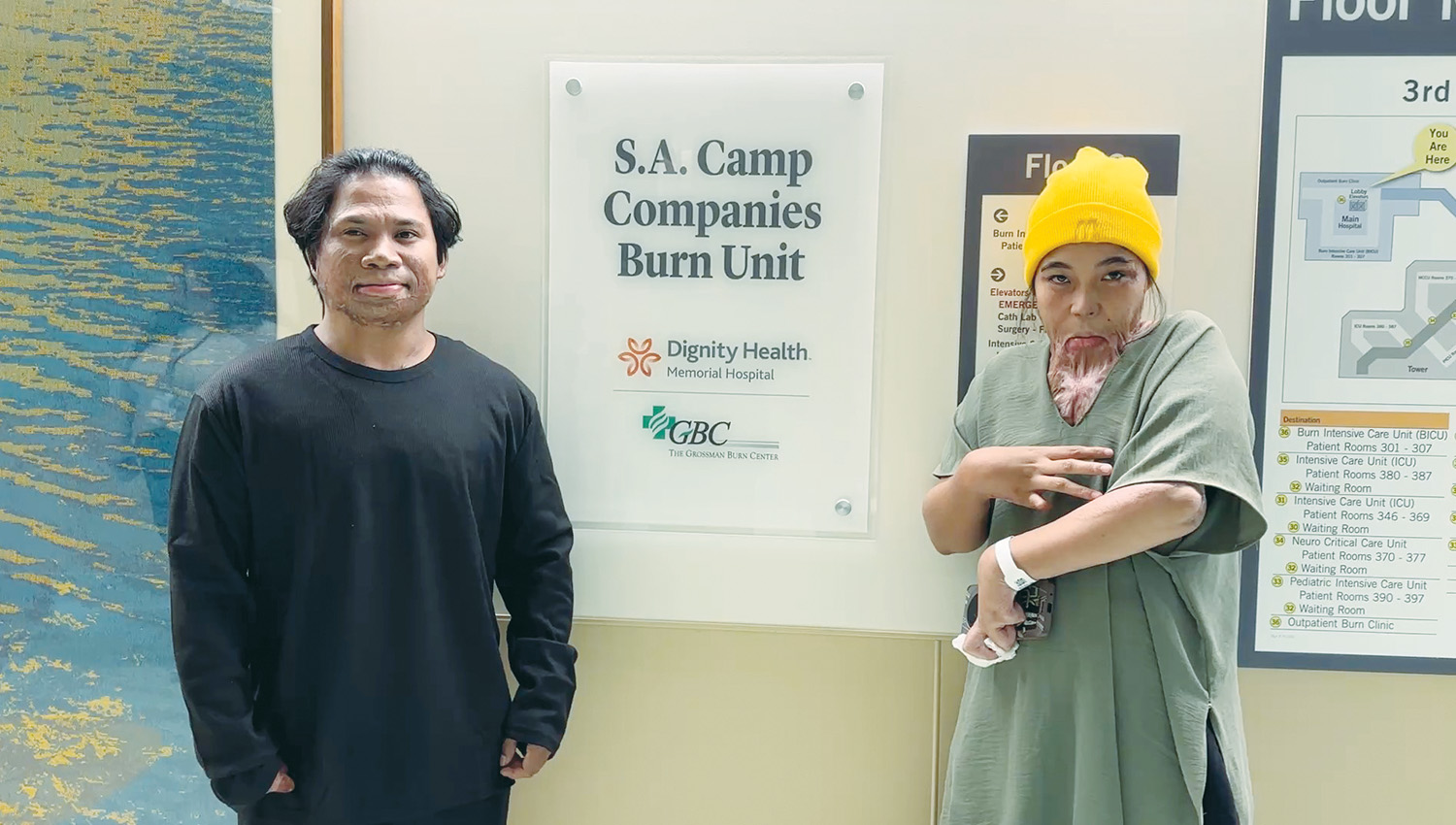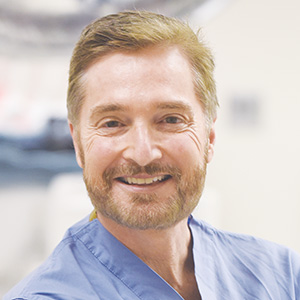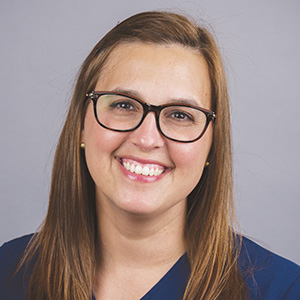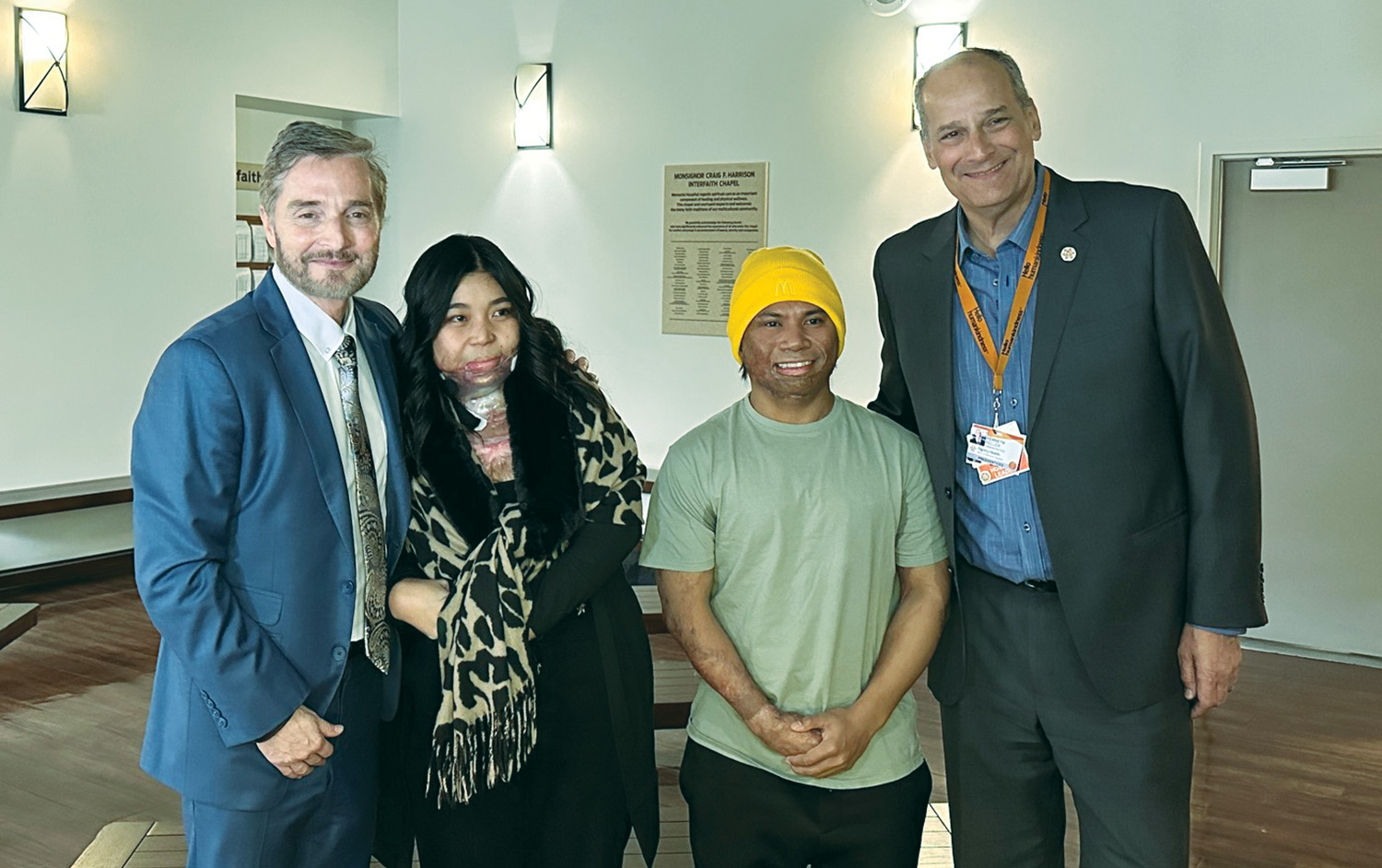
Last December, as temperatures hovered in the 40s, two Indonesian patients arrived at a Dignity Health — Memorial Hospital in Bakersfield, California, in shorts and flip-flops. Fortunately, appropriate clothing was waiting — one of many details arranged for the pair, who flew more than 13,000 miles to undergo life-changing surgeries at the hospital's Grossman Burn Center.
Their arrival followed weeks of preparation. Beginning last fall, representatives from the hospital, the Grossman Burn Foundation and the medical campus's Bakersfield Ronald McDonald House with the support of U.S. Rep. Vince Fong developed a plan to cover the needs of the patients, a young man named Tison and a young woman named Suci, might need. (The hospital is withholding last names and exact ages for privacy.)
From clothes to food to caregiver coordination to translators to matters of cultural sensitivity, no concern was left unaddressed, according to Ken Keller, Memorial Hospital president and CEO. The hospital is part of the CommonSpirit Health system.
"It was a herculean effort," Keller says. "Thanks to the willingness of everyone to come together quickly, we were able to get it done."

The Grossman Burn Center has a long history of caring for visiting international patients. Doctors also travel to different parts of the world to care for burn victims. Medical director Dr. Peter Grossman, son of the burn center's founder, Dr. A. Richard Grossman, first saw Tison, then 6, in Indonesia over a decade ago. A kerosene lamp explosion left the boy with severe burns. While the care Tison received from Grossman and others saved his life, he was left with significant scarring.
"He used to get beat up a lot and made fun of," Grossman says.
Grossman learned last year that the skin grafts on Tison's legs had developed chronic infections. Tison was in danger of losing one of them. The news came soon after the Grossman Burn Foundation heard about Suci, who at 16 suffered major burns on her chest and arms while cooking. She was living with severe contractures, or shortened tissues, of the hands, face, neck and chest, unable to feed herself or easily close her mouth.
"Her face was basically tethered to her chest," Grossman says.
It was decided Tison would fly to Bakersfield for treatment along with Suci, who also brought her mom. Tison speaks English and doesn't need a translator. He even assists with Suci's communication.
The young man is a joy to be around, an enthusiastic guitar player who's quick to laugh, Grossman says.
"While a lot of people would have become withdrawn after what he went through, Tison developed the most magnanimous personality — he's charming, he's funny, he's outgoing, he's engaging," Grossman says. "He's one of those people that, when you meet him, you can't help but like him."
Settling in
Getting Suci and Tison settled was the first order of business. The Kern County (California) Asian Chamber of Commerce had helped the hospital cafeteria with planning foods familiar to the pair and locating local residents of Indonesian descent for them to socialize with.

Respect for Indonesian culture and Suci's Muslim religion was paramount. For her, modesty was an important consideration, says Katy Harker, Grossman Burn Center director.
"We talked about how we could have a hospital gown with long sleeves, and pants," Harker says. "And how to ensure we always have a female caregiver present."
Transportation was another issue. How would Suci and Tison get from the Ronald McDonald House to the hospital and burn center? It was decided security officers would drive them back and forth in a golf cart.
"It has been a beautiful story of everybody ensuring they get what they needed," Harker says.
'Makes your heart happy'
Burn injuries like Tison's and Suci's are not unusual in remote areas of Indonesia. Kerosene is used in lamps and often in cooking. Even if patients survive, the resulting disfigurement is emotionally traumatizing, Grossman says.
Suci arrived in Bakersfield nervous and apprehensive, he says. Following two surgeries, her capabilities and appearance are much improved. She can move her neck left and right. It's easier for her to eat. Grossman notices her laughing and teasing with Tison and her mom.

"She can smile where she really couldn't before," Grossman says. "And I think she can look in the mirror with a sense of hope."
Tison's right leg is completely healed. He will have further surgeries on his left. Suci also faces more surgeries before returning home. "But already the difference is remarkable," Grossman says.
Grossman gives credit to the Bakersfield community for their successful visit.
"I'm just a mechanic," the surgeon says. "The hard work is done by those who give of their time and services, and get them through tough, emotional times."
Grossman says the goal is improving patients' quality of life.
"The main thing is to make them feel better about themselves, to feel more independent, more confident," he says. "And then I imagine they'll find a way to help somebody else, to pass that forward."
Harker says being able to help Tison and Suci gives her a warm feeling.
"They've come a really long way, and we get to take care of them; it's really a special and wonderful thing to be a part of," Harker says. "Everything we do here fills your cup and makes your heart happy."
Suci has undergone three surgeries and will have one more. Tison also has had multiple surgeries. Their stay in Bakersfield is expected to continue into July.
The efforts that went — and continue to go into — their care illustrate the hospital's eagerness to provide excellent care, Keller says.
"And that translates into what we do for all our patients," he says.
